Boredom in Switzerland leads to an elephant refuge in Thailand
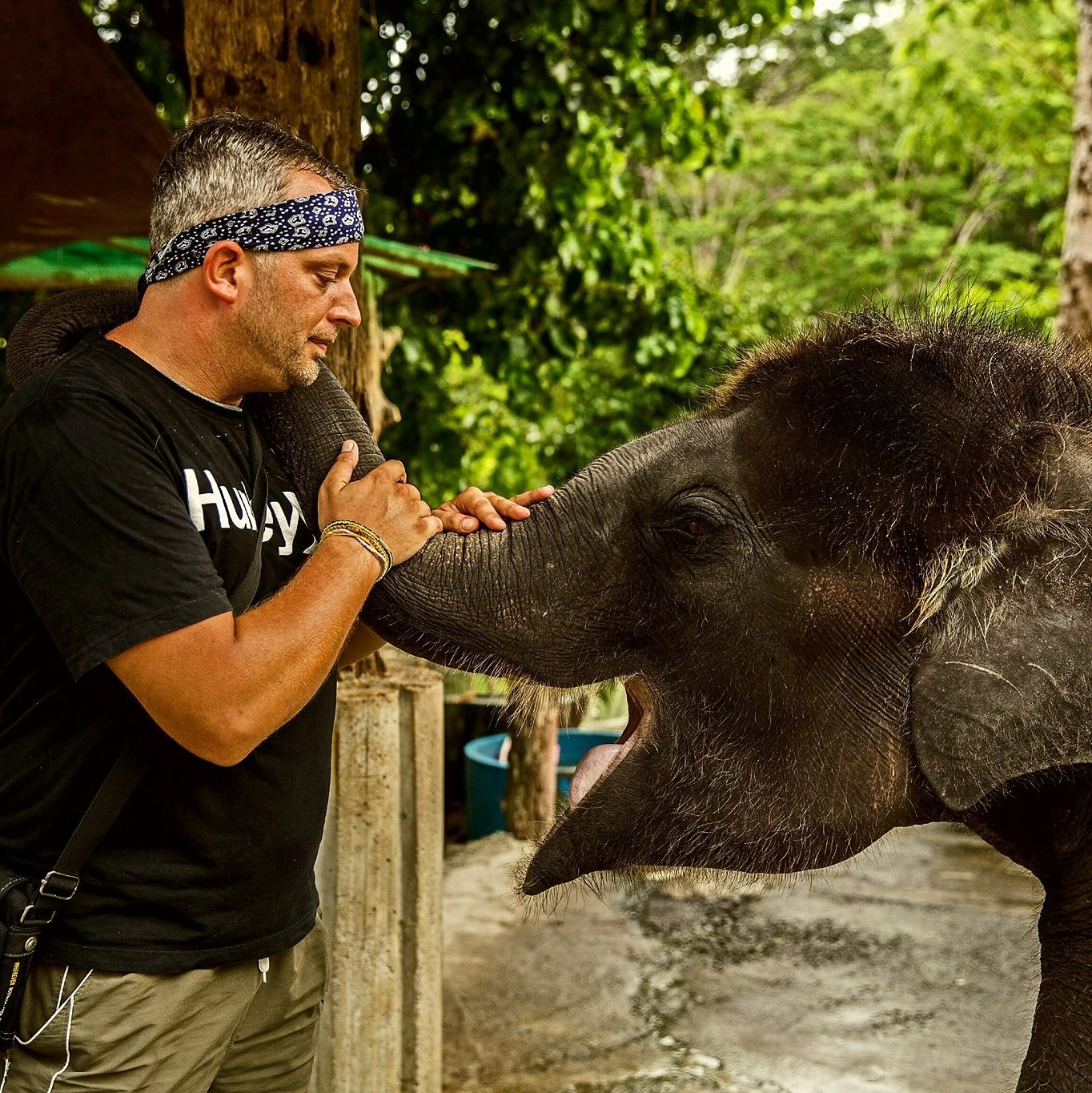
Urs Fehr has turned a lifelong passion for elephants into a full-time job. He went to live in Thailand and founded a sanctuary for abused pachyderms.
In February 2024, Urs Fehr, a Swiss citizen, was accused of molesting a local Thai woman sitting on the steps near his villa overlooking Phuket beach.
A few days after the reported incident last month, Fehr declaredExternal link at a press conference that it had been an accident. He claimed he had slipped and struck her unintentionally. Urs Fehr and his Thai wife were also accused of making derogatory remarks about Thai people.
Following the incident, demonstrations took place on the beach in front of his villa. According to the Bangkok PostExternal link, more than 500 people gathered and held banners calling on the authorities to return the island’s beaches to the public and expel Fehr. In recent years, a large number of luxury properties have been built on the seafront and access to the beach has been illegally privatised.
The authorities in the province of Phuket have taken up the case and have asked the immigration services to revoke Fehr’s long-term visa. On March 7, the Bangkok Post reported that the immigration office had withdrawn Urs Fehr’s long-term residence visa.
This information was also relayed by the newspapers BlickExternal link and 20 MinutenExternal link.
The trial of Urs Fehr took place at the beginning of September 2024. Several Thai media, including the Bangkok Post and the Thai Examiner, report that the court handed down its verdict on September 3, 2024. It gave the Swiss the benefit of the doubt, arguing that the plaintiffs had not presented clear evidence of the alleged physical assault. Urs Fehr was acquitted. The complainant intends to appeal the decision.
The Phuket authorities decided to withdraw the licence granted to the Swiss citizen’s elephant foundation on the grounds that it was being run illegally. Urs Fehr ran it alongside his elephant park. As for the park itself, the investigators revealed that 13 elephants were rented and one belonged to the park. Nevertheless, they concluded that the park was being run properly.
Urs Fehr is currently staying in Thailand on a restrictive short-term visa until the legal proceedings against him are concluded.
This infobox was added on March 6 2024 and last updated on September 20, 2024.
“I was a bit bored in Switzerland,” says the 40-year-old from Lenzburg (canton Aargau) who used to work in security. “So my Thai partner and I decided to move to her home country, for a change of scenery,” he says. The year was 2015 and Fehr was 36 years old at the time.
With no specific plans, the couple rented a house in Phuket in southern Thailand. It’s a tourist region that offers more opportunities than the north, where his partner is from. In 2019, before the coronavirus pandemic, Thailand welcomed 40 million tourists, of which 14 million visited Phuket.
For two years, Fehr lived off his savings. He finally had some time on his hands and took the opportunity to check out Phuket’s domesticated elephants two or three times a week.
“I soon pulled back the curtain to look behind the scenes and saw that the animals were being mistreated,” says Fehr.
The dark side of tourism
In Thailand, elephants were originally used mainly in the timber industry, in agriculture and for military purposes. But when the government banned the exploitation of natural forests in 1989, thousands of owners and their animals found themselves without a source of income. They turned to tourism.
Parks began to spring up, in which the main attraction was the elephant ride. Some also offer shows with animals performing acrobatics or drawings. However, the conditions in which they are trained and kept are often deplorable. When they are not riding around with tourists on their backs, they are attached to short chains that restrict their movements.
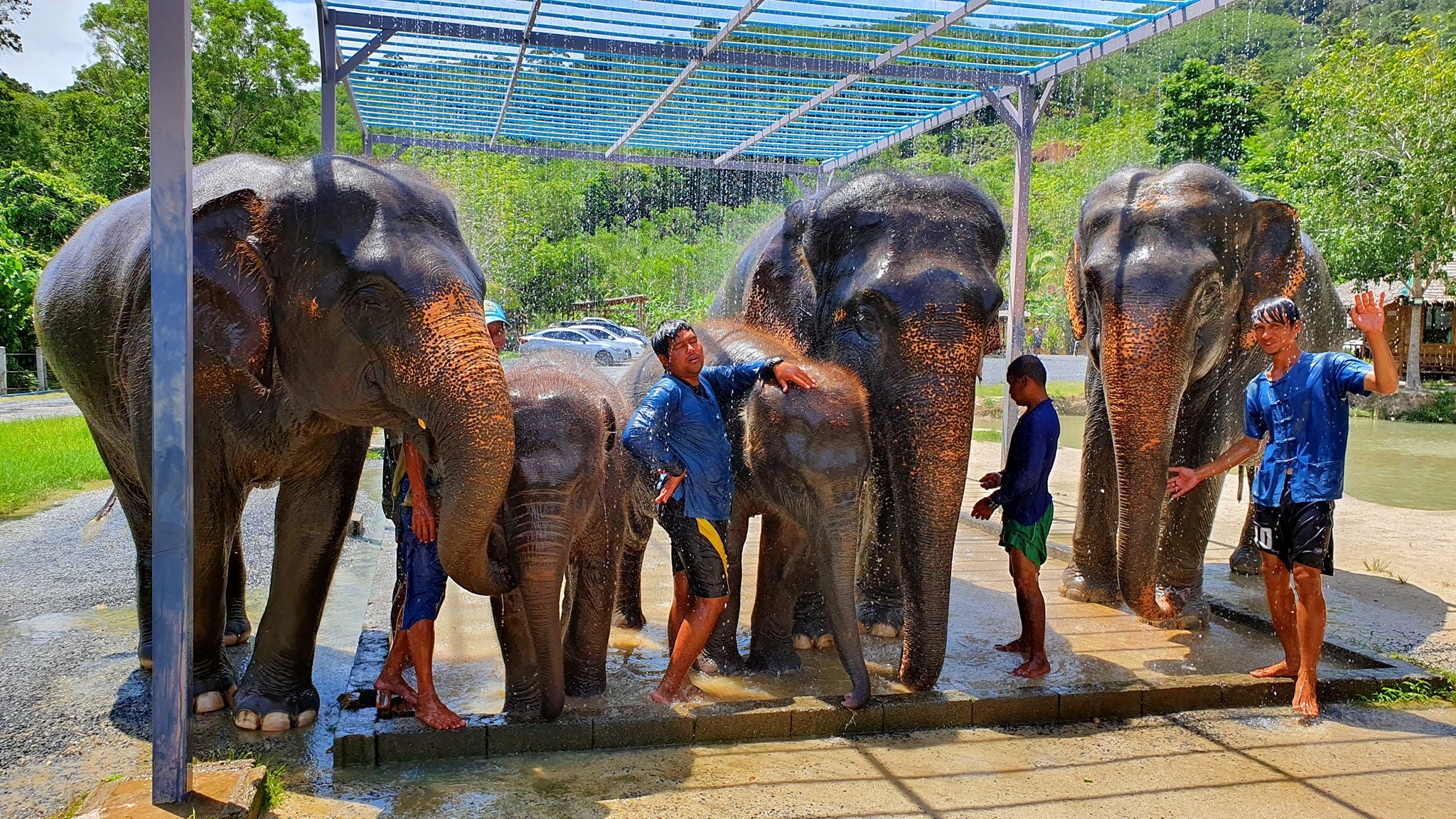
To train them, the mahouts (trainers) use the “Phajaan” technique, which consists of breaking the animal’s spirit so that it submits. They use a rod topped with a sharp metal point to make it understand the basic commands. Fehr witnessed these abuses and decided to set up a shelter for the animals.
The obstacle course
But his idea soon turned into a bumpy ride. “A foreigner opening a sanctuary is a ‘no go’ and also competition,” he explains. Fehr received threats and locals put up large signs outside his house asking him to leave. Fortunately for him, Fehr was able to count on his landlord, a former Thai army pilot. He supported Fehr and helped him with the necessary arrangements with the authorities.
The next step was finding a suitable location. Fehr identified a 40,000m2 plot of land for rent on the edge of the jungle. All that was missing were the elephants.
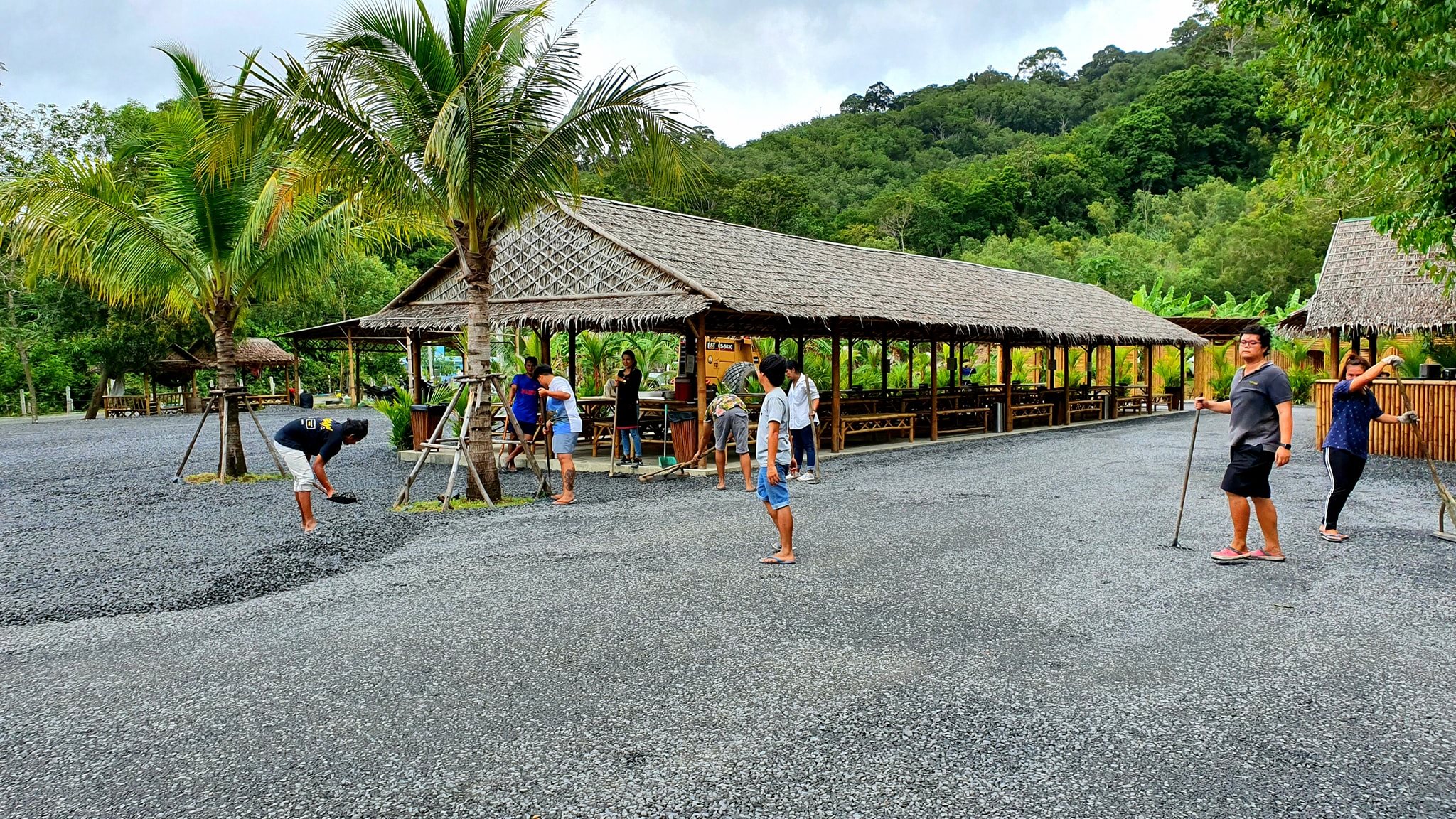
But here again, the fact that he was a “farang” (a term used in Thailand to designate white Westerners) complicated his approach.
“The mahout community is small in Thailand. They tried to give me a bad name. So at first I had a hard time finding owners who were willing to sell me their animals,” he says.
This did not dampen his spirits, however, and with the help of his partner he travelled the country looking for abused elephants he could buy. He finally opened the sanctuary with five pachyderms but it cost him all his savings.
Slowly, the park is making a profit through half-day tours where visitors pay 2,500 Baht to bathe with elephants and get their photos taken. The money is immediately invested in the rescue of new animals. An elephant costs an average of two million Baht, or about CHF57,000. Today, the Green Elephant Sanctuary ParkExternal link has 15 residents and employs 63 people.
An endangered species
Fehr is indignant about the situation in Thailand and blames the government for not doing anything to protect the elephants. He would like to work with animal protection associations, but feels they are inactive and cowardly.
“People who abuse elephants risk practically nothing. There is an office to report cases, but it’s hard to get evidence,” he says.
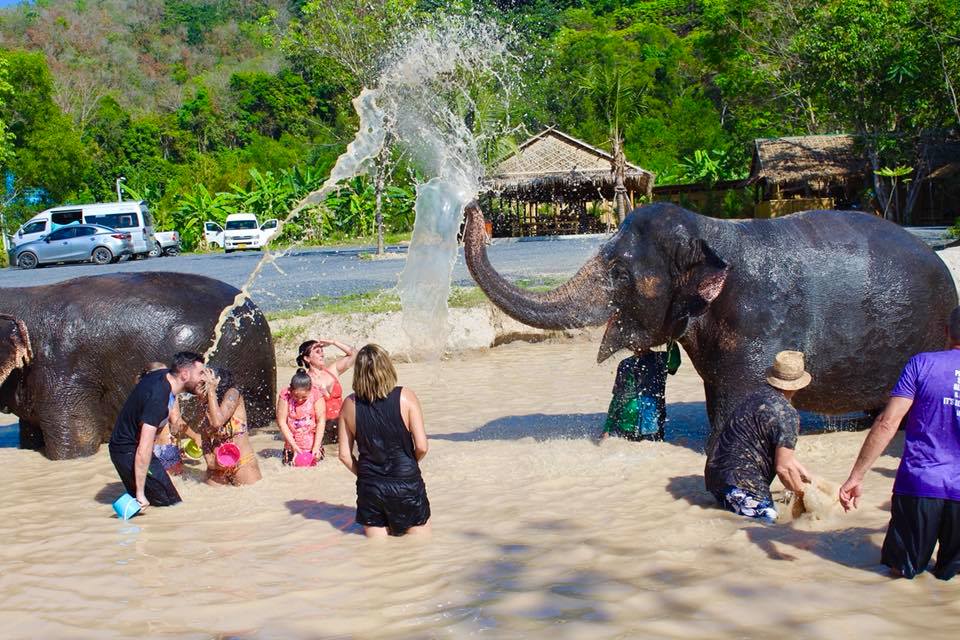
Wild populations of the Asian elephant have halved in the last three generations. From more than 100,000 at the beginning of the 20th century, there are now fewer than 45,000 making them an endangered species. In Thailand, it is estimated that there are more elephants in captivity than in the wild.
Projects in the pipeline
Although the coronavirus pandemic and the resulting crisis in tourism has slowed down the activities of Fehr’s sanctuary, it has also strengthened his commitment. Among the ideas he has in mind include expanding the sanctuary to accommodate male elephants and the production of elephant coffee. However, the project that is closest to his heart is the creation of a foundation to protect elephants worldwide.
The foundation would raise funds to open a free elephant clinic in Phuket, as the nearest and only one is six hours away. Money would also be raised to fund wildlife guard units in Africa. To do this, he hopes to work with former American soldiers “after they pass a psychological test”. He wants to launch a pilot project in Kenya and expand it later if it is successful.
More

In compliance with the JTI standards
More: SWI swissinfo.ch certified by the Journalism Trust Initiative










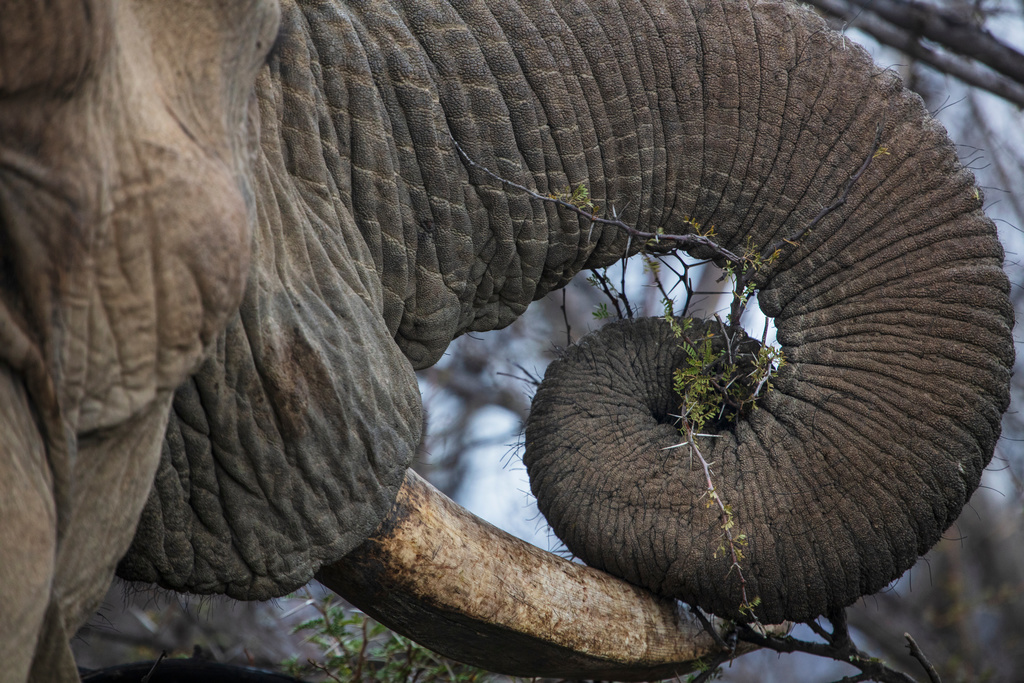
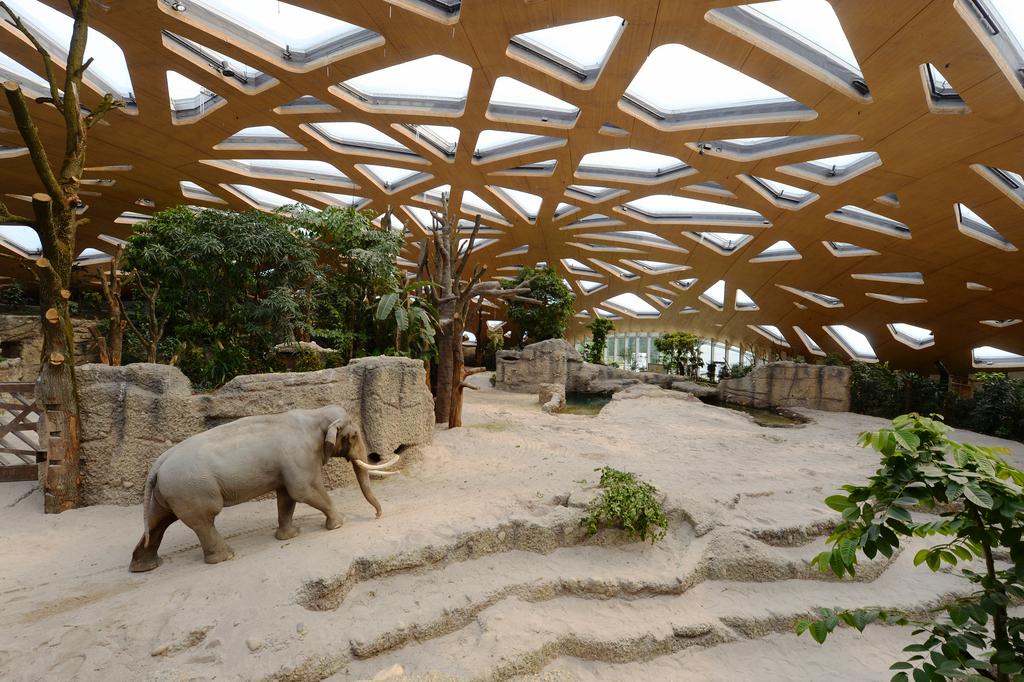

You can find an overview of ongoing debates with our journalists here . Please join us!
If you want to start a conversation about a topic raised in this article or want to report factual errors, email us at english@swissinfo.ch.